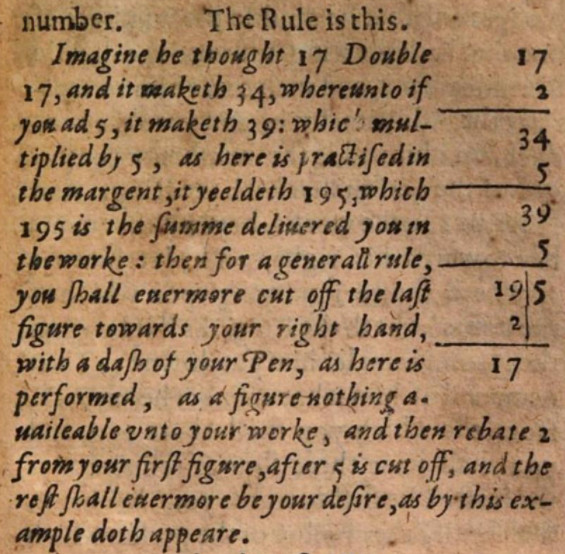The fastest man on earth is named Bolt. Is that a coincidence, or did his name influence his choice of career?
In 2015, four curious researchers combed the British medical register looking for practitioners whose surnames seemed apt for their specialties (e.g., a neurologist named Brain). Then they compared the frequency of apt names listed under hospital specialties against their frequency in the register in general. They found that “[t]he frequency of names relevant to medicine and to subspecialties was much greater than that expected by chance.” Some examples:
General surgery: Gore, Butcher, Boyle, Blunt
Urology: Ball, Burns, Cox, Dick, Waterfall
Psychiatry: Downs, Lowe, Bhatti, Moodie, Nutt
Cardiology: Hart, Pump, Payne
Dermatology: Boyle, Hickey
Neurology: Counsell, Panicker
Paediatric medicine: Boys, Gal, Child, Kinder
Also: “Paediatric medicine was much more likely to be Wong than White (10:2), whereas anaesthetists were far more likely to be White than Wong (22:4).” And “One wonders if the comforting words of Dr Lie carry less impact because of the name, or whether consultations with Dr Dark in oncology are made any more ominous.”
(C. Limb et al., “Nominative Determinism in Hospital Medicine,” Bulletin of the Royal College of Surgeons of England 97:1 [2015], 24-26.) (See Doctor Doctor and the Doctor’s Names List.)
09/03/2022 UPDATE: In August 2022 the American Association for Anatomy named a new editor for the journal Anatomical Sciences Education. He is Jason Organ. (Thanks, Kevin.)







